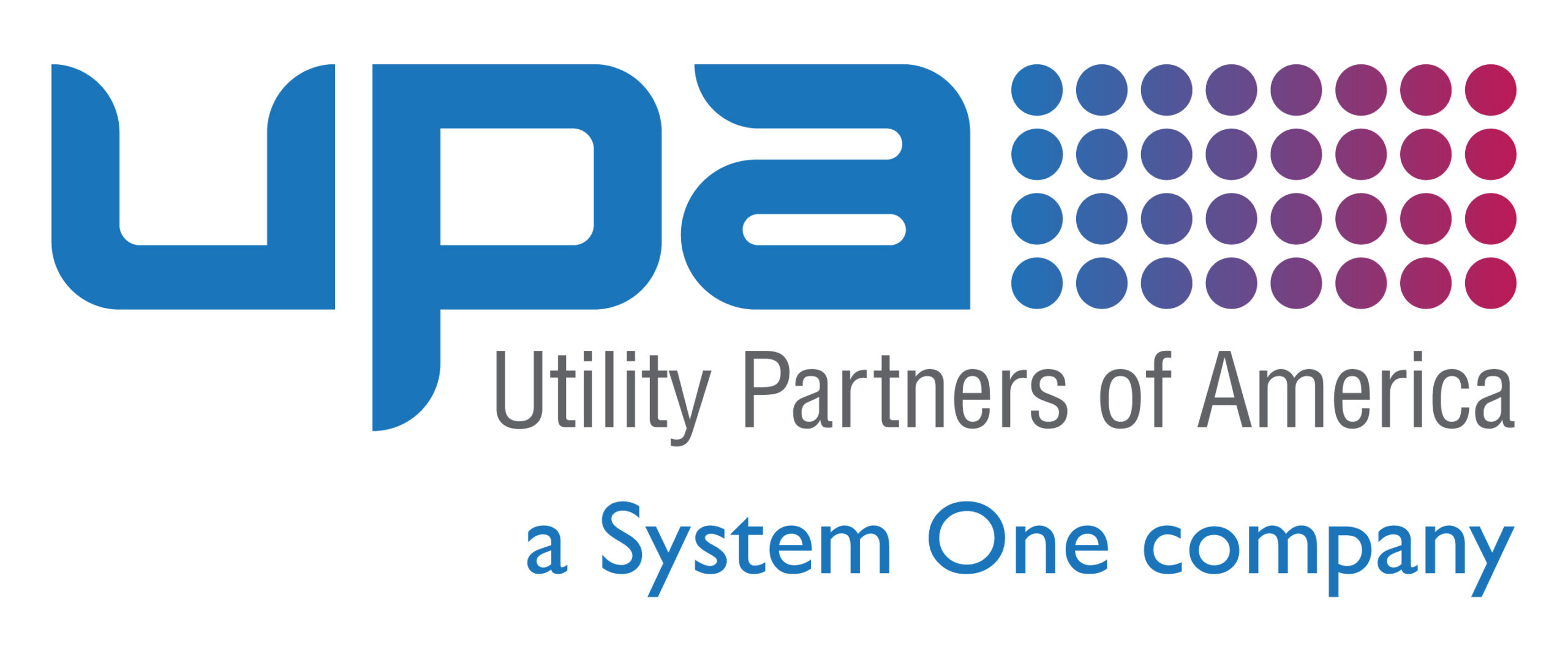If there’s one reason why workplace relationships matter, it’s that full-time employees likely spend more hours with their coworkers than they do with their own families. But the reality is that there are a lot of reasons why workplace relationships matter. Including the impact on operations and productivity.
In a field like utilities, partnerships and collaboration are often instrumental to success. It’s always a fruitful exercise to explore getting the most out of those relationships. Here are a few significant ways that inter-team relationships affect projects. Also, learn what you can do to mitigate and address any that hurt the business.
Job stress can cause in-fighting
According to an American Institute of Stress survey, nearly 30% of people say their main cause of workplace stress is due to “people issues.” By nature, humans tend to become short-tempered and lose focus on the task at hand when they feel stressed—especially if the source of that stress is a coworker. If a stressed employee is navigating a poor relationship with a coworker, their job performance will suffer. Talk with each employee involved to look for what caused the problem, and then work collaboratively to identify the solution. A simple misunderstanding could be cleared up through conversation. Or as complex as having to alter schedules or assignments. In any event, it’s worth the time and effort to get to the bottom of the situation.
Related: Five Ways to Develop an Others-focused Culture
Trusting relationships lead to better outcomes
Trust is a big thing in all relationships. Including those that take place in the workplace, whether it’s between two colleagues or a leader and subordinate. What most people don’t realize is that there’s a reason why trusting someone makes you feel good. Our brains can actually generate messaging signals that reduce our fears and cause us to trust someone when we feel comfortable. The Harvard Business Review reports that people at high-trust companies have significantly less stress, more energy, higher productivity, fewer sick days, more engagement, more satisfaction, and less burnout. Plus, when we trust someone, we’re more apt to take accountability and pride in our work. And those are all things we want more of at any utility.
Related: Improve Call Center Operations With These Four Tips
Poor communication can sink projects
It’s no revelation to say that a lack of communication can impact project outcomes. Research from Quantum Workplace found that only about half of all employees have what it calls “great conversations.” There are many different ways to resolve this, but you should know that there’s no one-size-fits-all approach. Generally speaking, over-communicating is best, so regular staff and one-on-one meetings are good opportunities to get your point across. Reiterate the importance of communication within the employee ranks and reward those who do an exemplary job. Even if it’s just verbal recognition in front of their peers.
Related: Top Tips for Running a Virtual Tailgate Meeting
Social interactions are essential for well-being
As humans, we are wired to crave social connectivity, and when that connection is lacking, our mental and physical health can be affected. One psychology expert writing for Positive Psychology says, “Indeed, human physiological systems are highly responsive to positive social interactions.” While it may seem tempting to harp on keeping workplace conversations focused on work, outside conversations and social interaction can facilitate innovative thinking. In these moments between coworkers, emotional support is fostered. Even without the presence of formal authority. Always remember that a happy employee is usually a more productive employee.
Utility Partners of America understands utility company relationships
As a partner of utilities and energy cooperatives throughout the United States for more than 20 years, we’ve witnessed firsthand the various ways that inter-team relationships affect projects. Because we’re familiar with what a strong bond can do for the utility, we train our teams to act and work as if they’re one of yours. If you’re interested in learning more about what we offer and how we can help you, contact us today.



